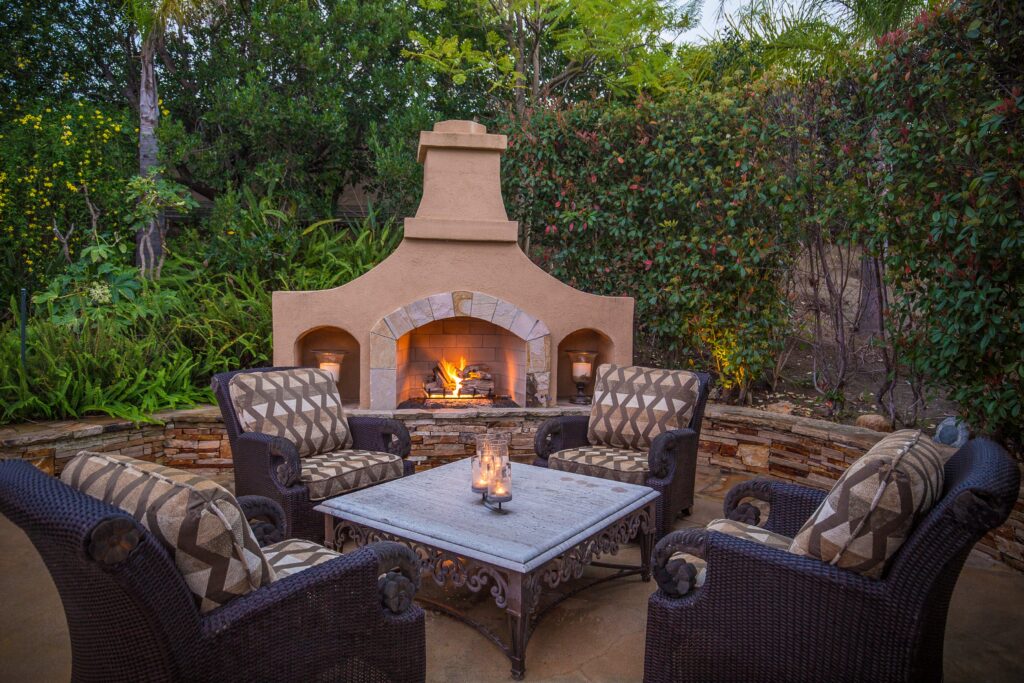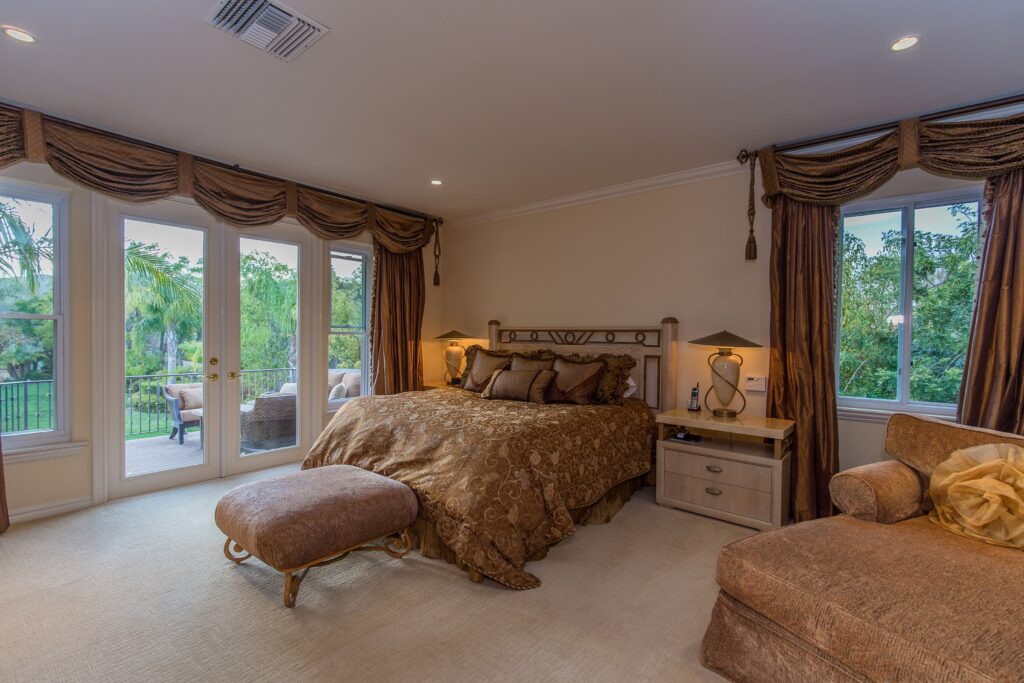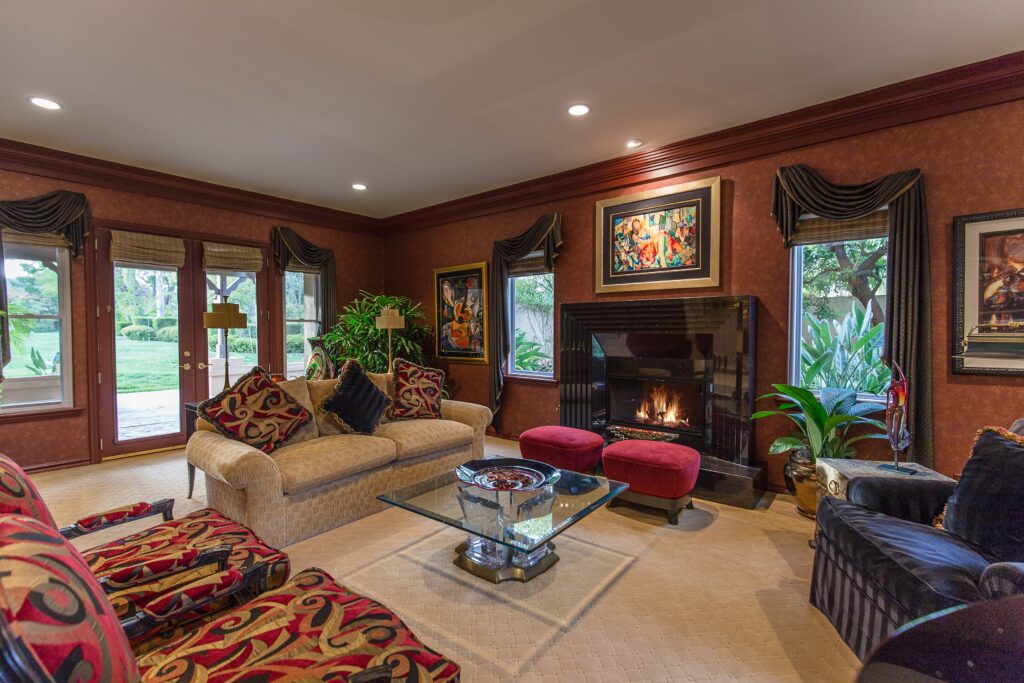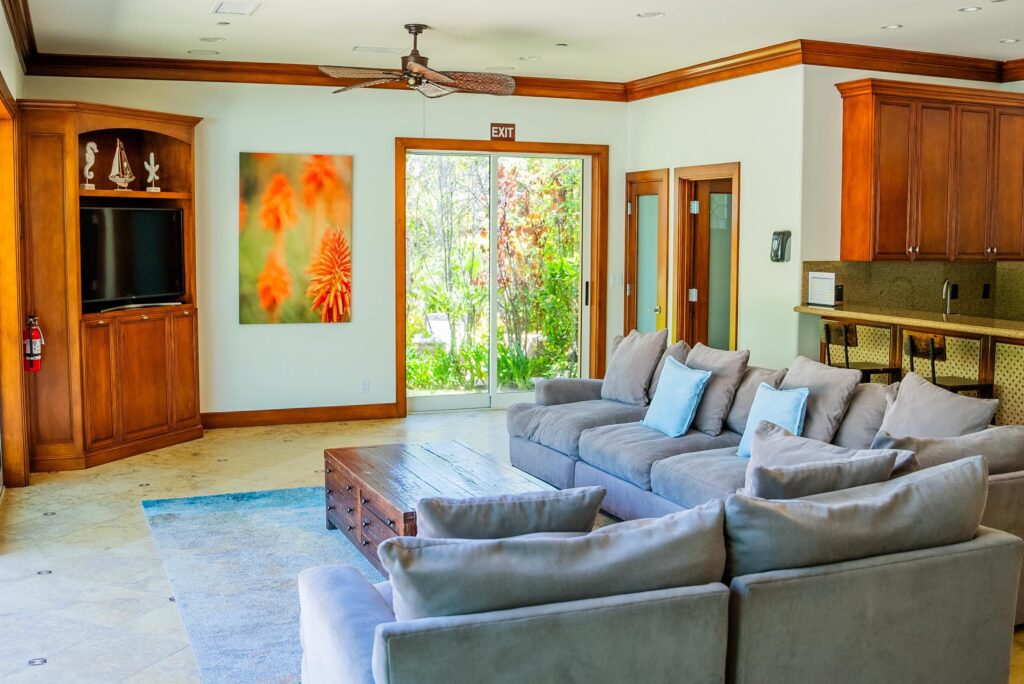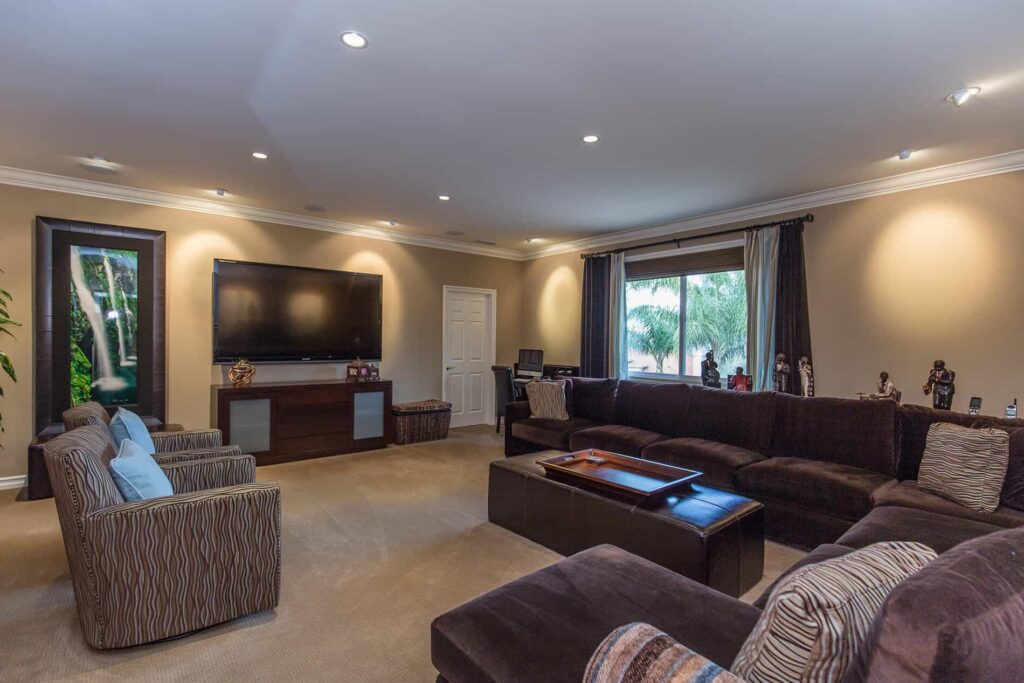Home » Treatment for Teens » Oppositional Defiant Disorder
Our Approach
Hillside helps teens grow through group therapy that fosters trust, empathy, and positive change.
Contact Hillcrest Adolescent Treatment Center today to learn more.
Home » Treatment for Teens » Oppositional Defiant Disorder
Our Approach
Hillside helps teens grow through group therapy that fosters trust, empathy, and positive change.
Contact Hillcrest Adolescent Treatment Center today to learn more.
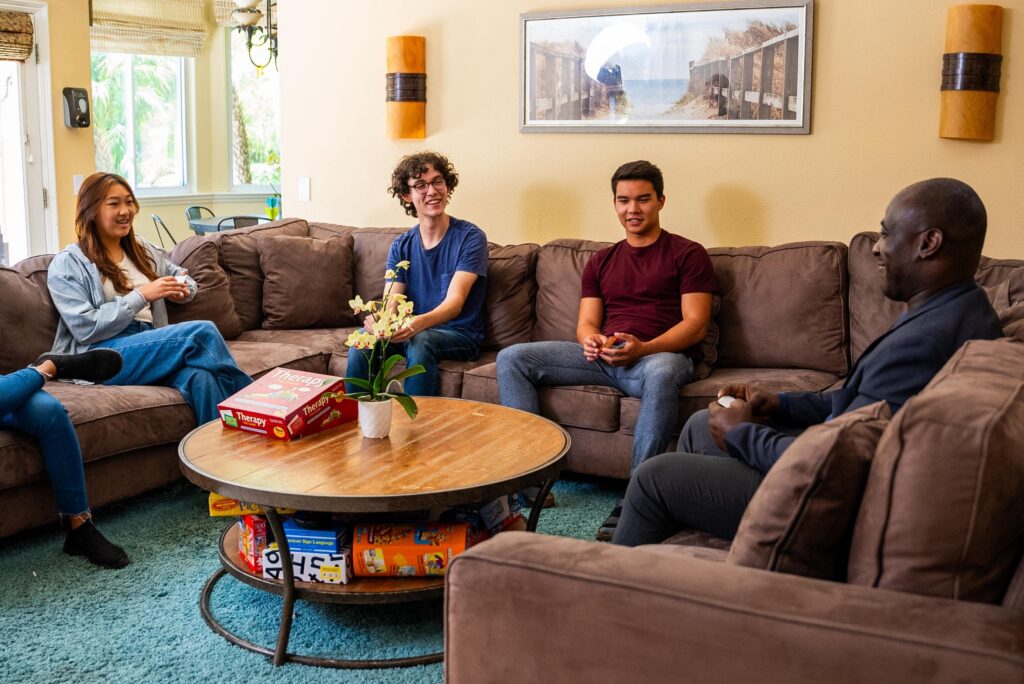
At Hillcrest Adolescent Treatment Center, we understand that adolescence can be a challenging time—especially for teens facing mental health, behavioral, or substance use issues. That’s why we offer Group Therapy for Adolescents as an integral part of our comprehensive treatment approach. This evidence-based modality provides teens with a safe, structured environment where they can connect with peers, share experiences, and learn essential coping skills. By fostering community and empathy, group therapy helps adolescents feel less alone and more empowered to work toward lasting recovery.
Our clinical team carefully designs group sessions to meet the unique needs of teens in treatment, blending therapeutic structure with compassion and understanding. Whether your teen is participating in our residential treatment, partial hospitalization program (PHP), or seasonal summer treatment, group therapy plays a key role in promoting healing, growth, and resilience.
Contact us today to learn more about our teen mental health treatment centers.
Group Therapy for Adolescents
Group Therapy for Adolescents is a therapeutic setting in which a small number of teens meet regularly with a trained therapist to work on shared challenges. These groups can be skill-focused, topic-driven, or process-oriented, depending on the needs of participants. At Hillcrest, we design group sessions to address the social, emotional, and behavioral concerns common during adolescence, such as:
- Managing anxiety and depression
- Building healthy relationships
- Navigating peer pressure and social media
- Coping with family conflict
- Developing self-esteem and personal identity
- Processing trauma and loss
Sessions often combine discussion, skill-building exercises, and experiential activities to engage teens in ways that feel both supportive and relatable. Our therapists guide conversations to ensure each participant feels heard while maintaining a safe, respectful space for growth.
Group Therapy in Residential Treatment
For teens in our Residential Treatment program, group therapy is an essential daily component. Living on-site offers a unique opportunity for adolescents to immerse themselves in a therapeutic community where they can practice newly learned skills in real time. Group sessions in residential care are often more frequent and immersive, giving teens consistent peer support alongside individual therapy, family therapy, and specialized modalities.
In residential treatment, group therapy can also help teens navigate the interpersonal dynamics of communal living—learning conflict resolution, empathy, and teamwork. This environment allows for immediate feedback and reinforcement from peers and therapists, creating a powerful cycle of learning and support that carries beyond treatment.
What To Expect in Group Therapy for Teens
Teens entering group therapy may feel nervous about opening up, especially in front of peers. At Hillcrest, we work hard to create an environment of trust and confidentiality from the very first session. While groups are structured, therapists remain flexible to address relevant concerns that may arise spontaneously—such as peer conflicts, emotional triggers, or current events impacting the group.
A typical group therapy experience for teens includes:
- Introductions & Icebreakers: Helping teens feel comfortable and connected.
- Establishing Group Guidelines: Clear expectations for respect, confidentiality, and participation.
- Therapeutic Activities: Guided discussions, role-playing, problem-solving exercises, or expressive arts activities.
- Skill-Building: Practicing communication, emotional regulation, and coping strategies.
- Reflection & Feedback: Teens share insights, set intentions, and support one another’s progress.
What To Expect in Group Therapy for Teens
Teens entering group therapy may feel nervous about opening up, especially in front of peers. At Hillcrest, we work hard to create an environment of trust and confidentiality from the very first session. While groups are structured, therapists remain flexible to address relevant concerns that may arise spontaneously—such as peer conflicts, emotional triggers, or current events impacting the group.
A typical group therapy experience for teens includes:
- Introductions & Icebreakers: Helping teens feel comfortable and connected.
- Establishing Group Guidelines: Clear expectations for respect, confidentiality, and participation.
- Therapeutic Activities: Guided discussions, role-playing, problem-solving exercises, or expressive arts activities.
- Skill-Building: Practicing communication, emotional regulation, and coping strategies.
- Reflection & Feedback: Teens share insights, set intentions, and support one another’s progress.

Types of Group Therapy for Teens
At Hillcrest, group therapy is not a one-size-fits-all approach. Adolescents are complex and multifaceted, which is why we offer a wide range of group formats designed to target different areas of growth and healing. Each group is facilitated by a licensed therapist who understands the developmental challenges of adolescence and knows how to adapt interventions so they resonate with teens. By offering a variety of options, we ensure that each participant has the opportunity to engage in both introspective exploration and interactive, skill-based learning.
Process Groups are often described as the heart of group therapy. In these open-format sessions, teens are encouraged to talk about personal challenges, emotions, and life experiences in real time. The focus is not just on what is being shared, but also on how group members relate to one another—offering support, perspective, and validation. These groups help teens see that they are not alone in their struggles and that their peers often face similar issues.
Skills-Based Groups are more structured, teaching practical tools to help adolescents navigate everyday challenges. These sessions might cover stress management techniques, healthy communication, or strategies for handling conflict. Teens leave with concrete, actionable tools they can use in school, at home, and in their social lives.
Cognitive Behavioral Therapy (CBT) Groups focus on the connection between thoughts, feelings, and behaviors. Teens learn to recognize unhelpful thought patterns, challenge distortions, and replace them with healthier ways of thinking. Over time, this work helps reduce symptoms of anxiety, depression, and other mental health conditions.
Dialectical Behavioral Therapy (DBT) Skills Groups are particularly effective for teens struggling with emotional regulation and impulsivity. These groups teach the four core DBT modules—mindfulness, distress tolerance, emotion regulation, and interpersonal effectiveness. Teens learn how to stay grounded in the present moment, tolerate difficult emotions without destructive behaviors, and build healthier relationships.
Psychoeducational Groups provide knowledge and insight. Led by a therapist, these sessions might cover topics like the science of addiction, the effects of trauma on the brain, or strategies for balancing mental health with school demands. Information is presented in an age-appropriate, interactive way, empowering teens to better understand themselves and their recovery.
Expressive Therapy Groups invite teens to explore feelings and experiences through art, music, or movement. These creative outlets provide a nonverbal way to process emotions that can sometimes feel too overwhelming—or too difficult—to articulate. Teens often find expressive therapies liberating and validating, as they allow for self-expression without judgment.
Finally, Family Dynamics Groups bring an important relational element into treatment. These sessions address common challenges like communication breakdowns, unhealthy boundaries, or cycles of conflict within the family. Teens learn how their behavior impacts their loved ones, while also gaining insight into how family patterns influence their own emotional responses.
Benefits of Group Therapy for Adolescents
The benefits of Group Therapy for Adolescents extend far beyond the therapy room. For many adolescents, these benefits extend into their school, family, and community life, helping them form healthier relationships and make more positive choices.
This modality offers unique advantages that individual therapy alone cannot provide:
- Peer Support: Teens learn they are not alone in their struggles, reducing feelings of isolation.
- Social Skills Development: Group interactions provide opportunities to practice empathy, listening, and conflict resolution.
- Increased Self-Awareness: Feedback from peers and therapists can help teens recognize patterns in their behavior.
- Confidence Building: Successfully sharing and engaging in group discussions boosts self-esteem.
- Accountability: Regular participation encourages consistency and commitment to personal growth.
- Safe Experimentation: Teens can try new communication and coping strategies in a safe, supportive setting.
Why Hillcrest Adolescent?
Hillcrest Adolescent Treatment Center is more than a treatment facility—it’s a place where teens are understood, respected, and guided toward a healthier future. By combining clinical expertise with compassion, we ensure every group therapy experience is both meaningful and impactful.
Families choose Hillcrest for group therapy because:
- Specialized Adolescent Focus: We work exclusively with teens, tailoring every program to their developmental stage.
- Expert Clinical Team: Our therapists are highly trained in adolescent psychology and evidence-based modalities.
- Integrated Approach: Group therapy is seamlessly combined with individual therapy, family therapy, and specialized treatments like DBT, CBT, and expressive therapies.
- Safe & Supportive Environment: Our campus provides a peaceful, structured setting where teens can focus fully on healing.
- Holistic Support: We address the emotional, social, academic, and behavioral needs of each adolescent.
Take the First Step Toward Healing Today
If your teen is struggling with emotional, behavioral, or social challenges, Group Therapy for Adolescents at Hillcrest can provide the connection, guidance, and skills they need to thrive. Our programs are designed to help teens feel seen, heard, and supported while building a foundation for lasting recovery.
Contact Hillcrest Adolescent Treatment Center today to learn more about our group therapy services and comprehensive treatment programs. Together, we can help your teen step into a healthier, more confident future.






